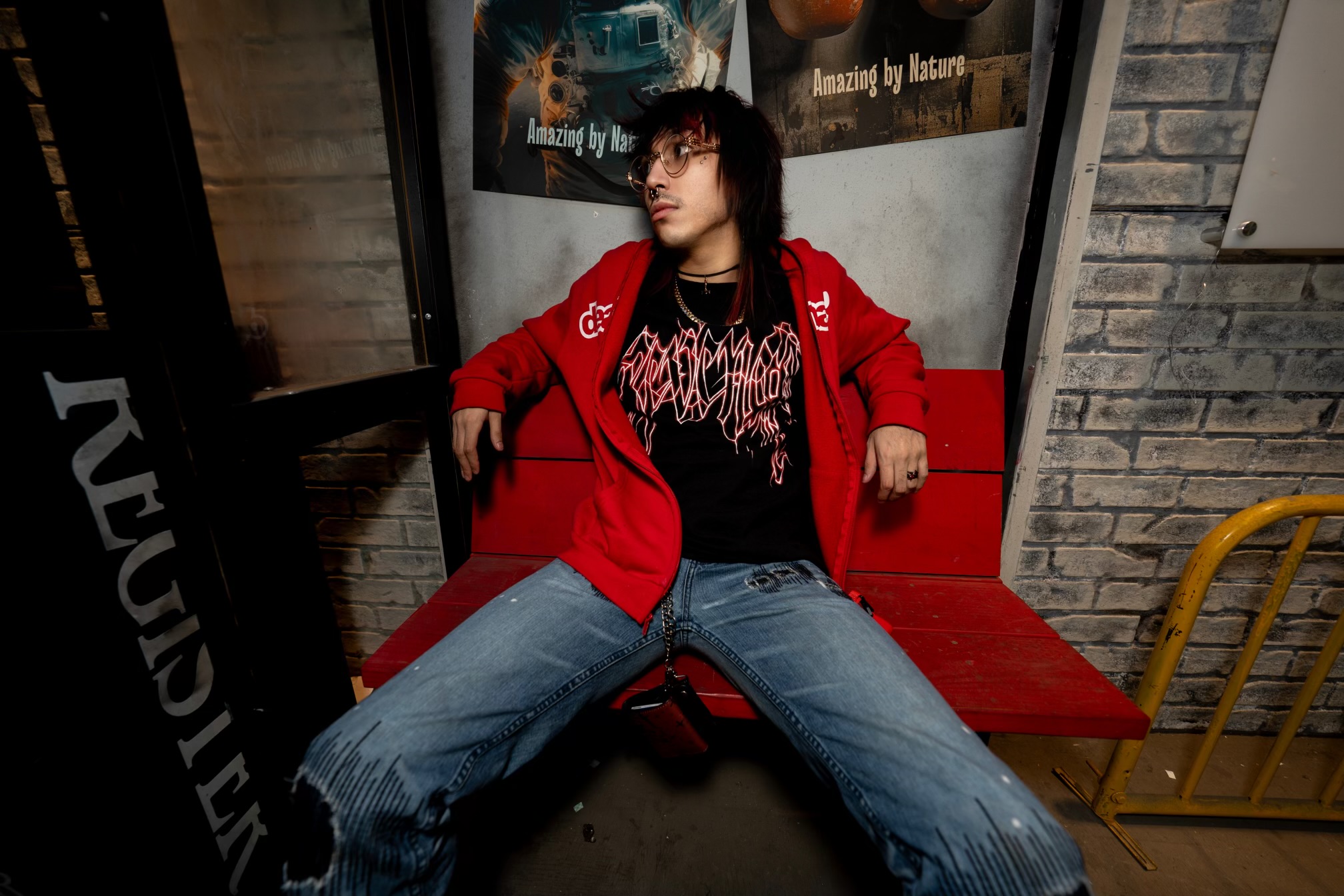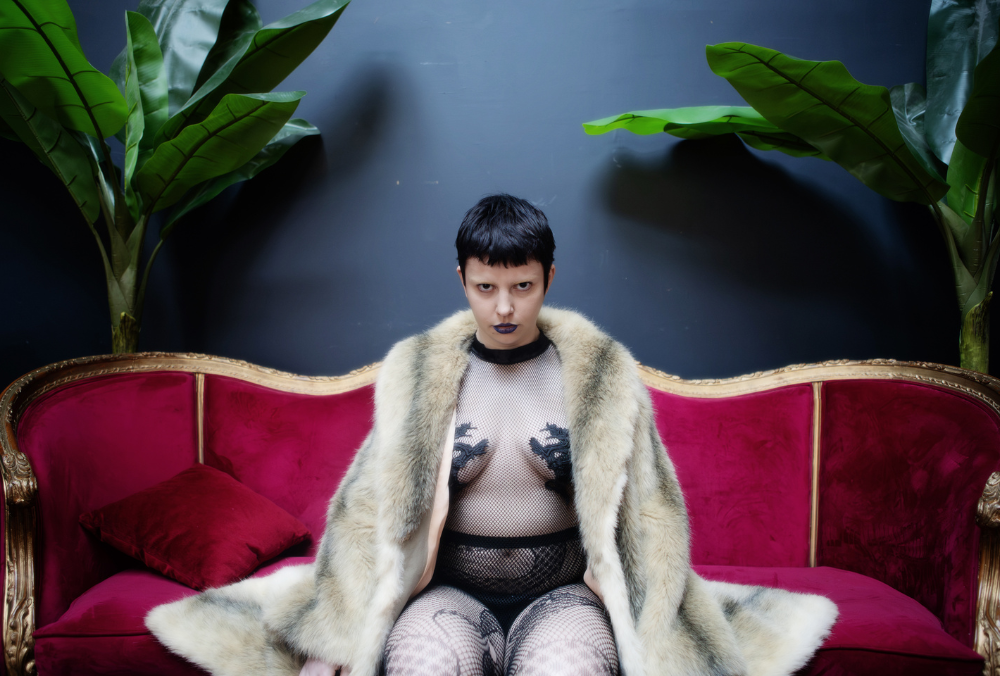WARNING: This article contains spoilers for Wonder Egg Priority Episode 3, “A Bare Knife,” now streaming on Funimation, and discussion of self-harm and suicide.
Within its first three episodes, Wonder Egg Priority has been covering many heavy topics, including school bullying, abusive teachers and Japan's toxic idol culture. This last subject is a particularly complex one, as well as one it looks like the show will be spending multiple episodes addressing. Episode 3 is also the first episode of the series to end on a cliffhanger.
The episode introduces Rika Kawai, defeating a monster who seems to have molested young girls. Rika's weapon has a very similar appearance to Ryuko Matoi's scissor-blade in Kill la Kill. Rika then walks up to a statue of the person she is supposed to save, calling her “fatty” in disdain. Since it's well established that dreams in Wonder Egg Priority are related to people's deepest regrets, this means Rika is simply posturing.
Ai meets Rika at the gacha place, and Rika follows her home. Rika is portrayed as unlikeable yet oddly approachable. She introduces herself as a former junior idol, which partly explains her self-absorbed and disingenuous personality. However, when Rika is alone, we can see that her arm is full of self-afflicted scars, indicating deep psychological trauma, though she says she promised someone to stop cutting herself. Her self-harm could be related to the statue in her dream, her parents’ divorce or something even more nefarious.
At night, Rika’s stronger emotions pull Ai into her dream. When Ai and Rika break their eggs in the dream, two fans of a singer named Yu-Yu pop out. In real life, Yu-Yu committed suicide and her fans imitated her. Ai is surprised by how easily they took their own lives, but Rika is unfazed; being a former idol, she is very used to this type of cultish behavior.
It turns out the statue in Rika's dream is of her own overly devoted fan, Chiemi. At first, Rika thought Chiemi was rich, so she took advantage of her devotion and asked her for money, even calling Chiemi her "wallet." It turned out Chiemi was shoplifting in order to support Rika. Rika tried to making Chiemi stop being a fan by calling her a "fatty" who embarrassed her, but this just led to Chiemi starving herself to death.
The deep guilt Rika feels compels her to come into the dreams and save Chiemi. It's notable that Rika constantly mentions that she has lost her wallet throughout this episode, meaning her sense of loss is directly related to Chiemi. She also promised Ai that she will give back the money she borrowed, which shows her determination to save Chiemi.
This is one of the harshest, most realistic depictions of the dark side of Japan's idol culture ever shown in anime. There are also many instances where fans go into debt for their idols. The two fans from the eggs, Miko and Mako (both seem to be underage), even said that they would get sugar daddies in order to support Yu-Yu. This episode makes it clear how toxic idol culture can hurt both idols and fans.
Episode 3’s monster represents yet another problem related to idol culture: the stalker fan. They are fans who are too caught up in an idol’s cult of personality that they imagine themselves to have a special connection with the idol, and would resent all the other fans. This monster is the strongest in the series so far, she can produce a dark smoke that turns people into stone, and Rika is turned into stone at the end of the episode. Now it is up to Ai alone to defeat this monster.
Since girls who are hurt in the dreams are also injured in the real world, it is hard to tell what will happen to Rika when her dream ends. It's increasingly clear that each girl’s dream scenario is related to their own past trauma in some way. Ai’s dream was all about abusive behaviors in school, and now Rika’s dream is all about her traumas as an idol. Unlocking the symbolism in these dreams could be the key to predicting further revelations about the characters in Wonder Egg Priority.
For more information on the warning signs and prevention of suicide, click here. If you or someone you know is in emotional distress or considering suicide, call the National Suicide Prevention Lifeline at 1-800-273-TALK (8255). If you live outside the U.S., click here for a list of international hotlines.
About The Author
